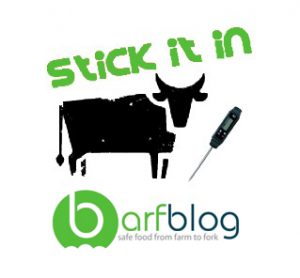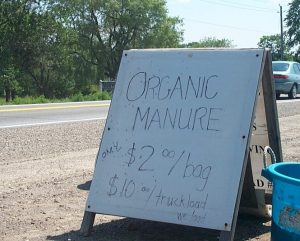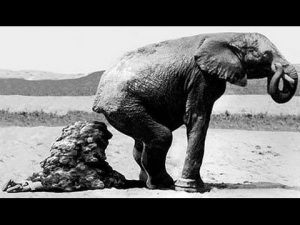While Australia is being dragged kickin-and-screamin into the thermometer age, New Zealand has decided to put knowledge aside, and ask the people, How do you want your burgers done?
 Just because everyone eats doesn’t mean they know anything about microbial food safety.
Just because everyone eats doesn’t mean they know anything about microbial food safety.
The NZ Ministry for Primary Industries issued a public notice, stating: Feedback from chefs is that they would like to be able to cook mince (especially minced burger patties) to medium/medium rare (I have no idea what these adjectives mean; some numbers, please) under the template food control plan.
MPI has worked with chefs, environmental health offers and food scientists to develop a specialist section for both official template food control plans. The specialist page is written in the “Know, Do, Show” format from the Simply Safe & Suitable template. The section will allow red meat mince for medium/medium rare burgers, and other meat specialities like steak tartare, to be safely served lightly cooked or raw. (Carpaccio is already covered in the templates (refer to section 10.6 (Serve) – Whole cuts and whole joints of meat – and the ‘Cooking food’ page in Simply Safe & Suitable).
We want to know if the specialist section works for you? Have we got it right?
Please note: Two of the processes included in the consultation are sanitising and blanch-in-a-bag. The scientific validation for these methods is ongoing. If there is insufficient evidence for it to be included in this amendment for the official template food control plans, and there is high demand for the process, further research would need to be commissioned so it could be added at a later date.
The consultation opens 25 July and closes on 8 August 2017.
Email your feedback to foodact.2014@mpi.govt.nz
I suggest e-mailing them this blog post and saying, I want a burger cooked safely to a verified 74C.













